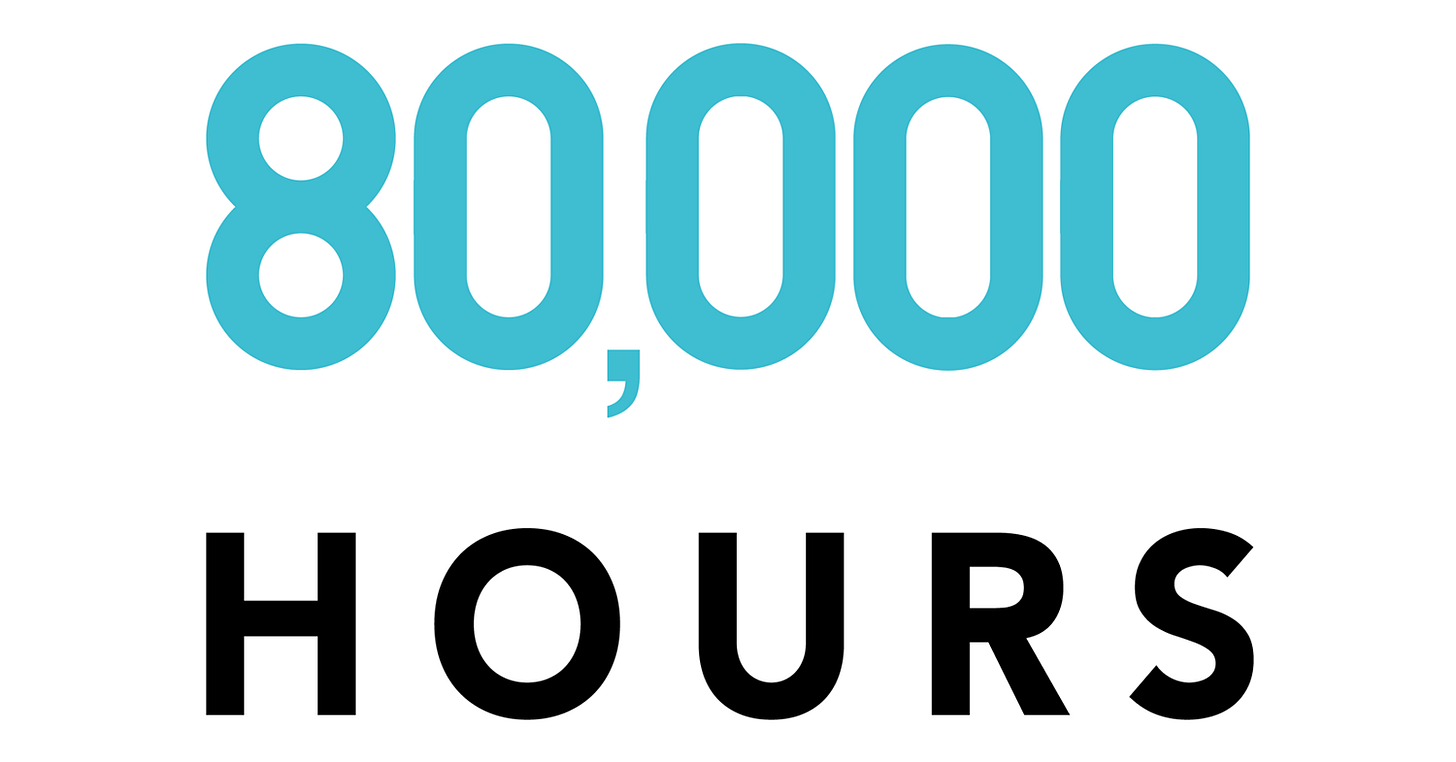
A Pep Talk for 2021
This year you can build something great.
This isn’t metaphorical, along the lines of building “a year you can be proud of.” I mean making something that didn’t exist before, something you can point at when you’re done, something you will be proud to have made.
If you don’t think of yourself as a builder of things, that’s only true because you’re not building anything. Start and you’ll change who you are.
This year you can build something great because there’s a problem you can see better than anyone else or a need you feel more keenly. You have good ideas to try, and just need to get started.
You might build a program or a process to help everyone at work. You might write something beautiful or perform it. You might discover something new for people who need it. You might make something just for your family or friends, but it will matter to them.
If you need some inspiration, just look around you. Your home, your work, your passions, and your community are full of things that didn’t exist until someone built them. Those people started with just a problem to solve and an idea for solving it.
You’re going to build something great, and then you can move on to the next thing you want to build.
So get going.
(If you want even more ideas, I love this article by Marc Andreeson: It’s Time to Build.)
Seeing Good at Work
In most of the world when natural disasters—like earthquakes and hurricanes—strike a community, the most dangerous threat is a person’s home. This is because they aren’t built to withstand the pressures needed to keep people safe.

Build Change was started in 2004 to create housing and other buildings that keep people safe in storms and earthquakes. Their work in education, training, and direct aid has led to over 50,000 safer buildings for more than 250,000 people in a dozen countries.
Promotional Stuff
This is article number 20 in Good at Work. If you missed any articles, you can go to the archive.





